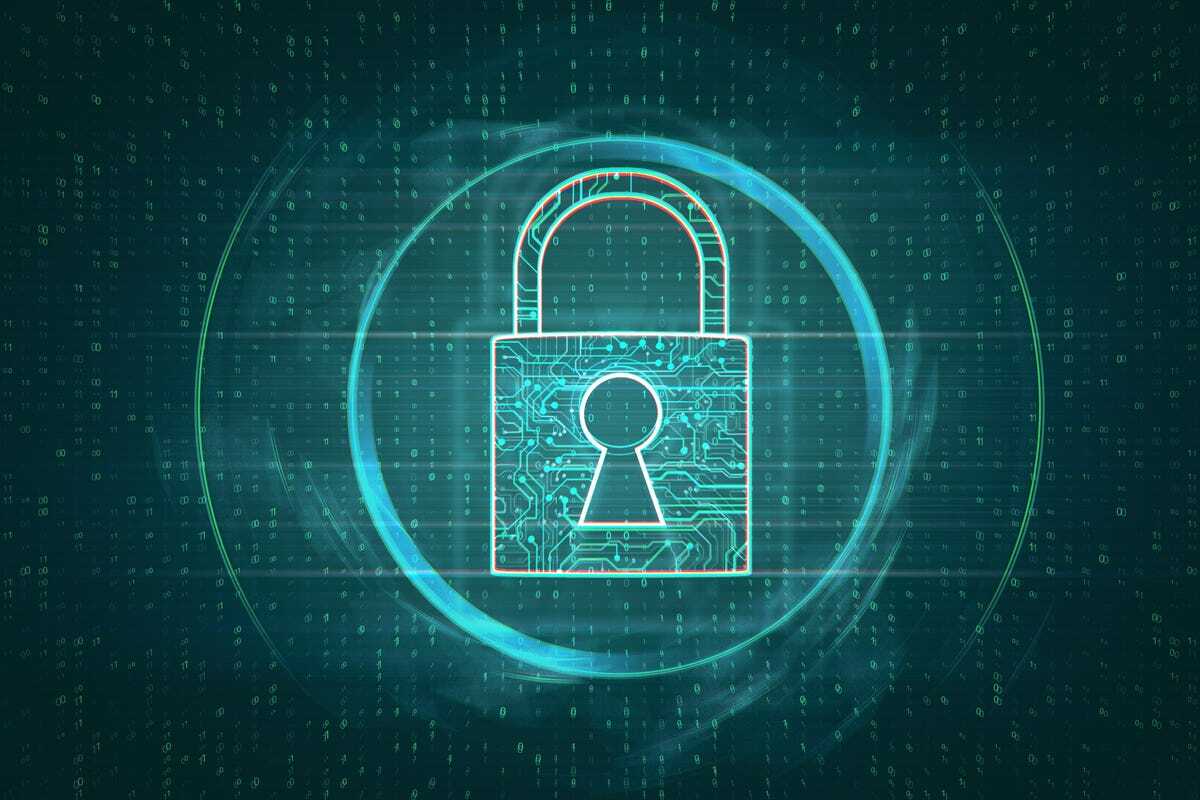We use cookies to personalise site content, social media features and to optimise your site experience.

 Anderson -
14 June 2022 -
Cyber Solutions Vendor -
#cybersecurity
#cyberattack
#cookie
#privacy
-
764 views -
0 Comments -
0 Likes -
0 Reviews
Anderson -
14 June 2022 -
Cyber Solutions Vendor -
#cybersecurity
#cyberattack
#cookie
#privacy
-
764 views -
0 Comments -
0 Likes -
0 Reviews

In today's society, it seems impossible to imagine a world without the internet. On the one hand, the internet makes our lives easier and more efficient, but it also puts our privacy and personal information in the hands of an unknown individual with unknown intent on the other side of the screen. With the advancement of the internet, the issues of cybersecurity and privacy have become major concerns for everyone.
On the internet, there are several threats to users' privacy; one of them, which quietly monitors browser-server interaction, is cookies. A cookie normally contains a text string holding information about the browser, and it does not require knowledge of your location in order to function; it merely needs to remember your browser. Cookies can be used by cyber attackers and fraudsters to track users' online behavior so they can commit crimes. Session cookies and persistent cookies are the two sorts of cookies. Session cookies save your browser data for a limited time before being removed when you leave the page. Persistent cookies are stored in your browser's history and are activated when you return to the same page. It is removed when you have set a time restriction on your computer.
Cookies can help you limit the risk of a data breach by removing them. It also includes the ability to clear the tracking and customization settings in your browser. That way, you'll always be following industry best practices when it comes to controlling your internet cookies and privacy. Users may have to re-enter their information for each visit if cookies are disabled. Cookies are stored in different places by different browsers, but you should be able to access them in most cases. It's best to stay alert and clean up your cookies on a regular basis, regardless of how you handle cookies. Since cookies are always being added, deleted, or changed, it’s a good idea to actively monitor them. Unfortunately, the unique intent of the cookie has been sabotaged due to some dishonest individuals who use this procedure to track your movements across the web.
Cookies are unable to infect computers with malware. Nonetheless, cyber-criminals can access the information, utilize the cookies to trace the user's browsing history, and carry out harmful operations. They represent a threat because of their ability to trace people's browsing habits. First-party cookies are those that are set by the website you're visiting. As long as you are viewing respected or non-compromised websites, these are generally safer. Third-party cookies are dangerous. They're generated by websites that aren't the same as the ones that visitors are looking at right now frequently because they're linked to ads on those pages.
While cookies are generally safe and advantageous to your online experience, there are some security considerations to be aware of. Check that your browser only transfers cookies over secure connections, doesn't share cookies with subdomains, and uses HttpOnly flags. Even the finest cookie management won't guarantee perfect security from online attacks. Working with an expert managed security service to monitor your networks and protect you from assault is always a good idea.

Copyright © 2025

